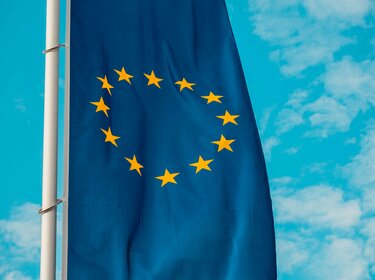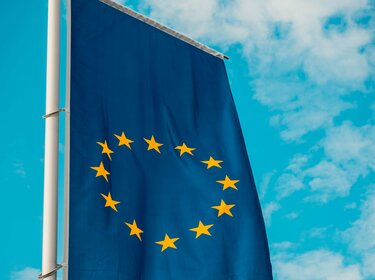he Single Market is the backbone of the European Union and stands for the free movement of goods and services. EU-wide harmonisation of legal regulations for placing products on the market provides an essential foundation for a stable and competitive economic area. The New Legislative Framework (NLF) for marketing and market surveillance of products in the European Union, developed in 2008 on the basis of the ‘New Approach’ (1985) and the ‘Global Approach’ (1993), provides the appropriate systemic approach. This regulatory approach meets the requirements of providing an efficient, coherent and internationally competitive legal framework for placing products on the market.mIn the interest of a coherent regulatory framework, sectoral approaches, especially market access checks by governmental or public authorities for individual product groups, should be strictly avoided. At the same time, however, Europe needs a uniform practice and intensity of market surveillance, as the demonstrably increasing and at the same time high number of noncompliant products in the EU Single Market is a clear signal that there is an undiminished strong need for stringent and effective control mechanisms.
Our Positions:
- Priority for the NLF and independent third-party assessment in case of substantial product risks and
- Improve market surveillance.




